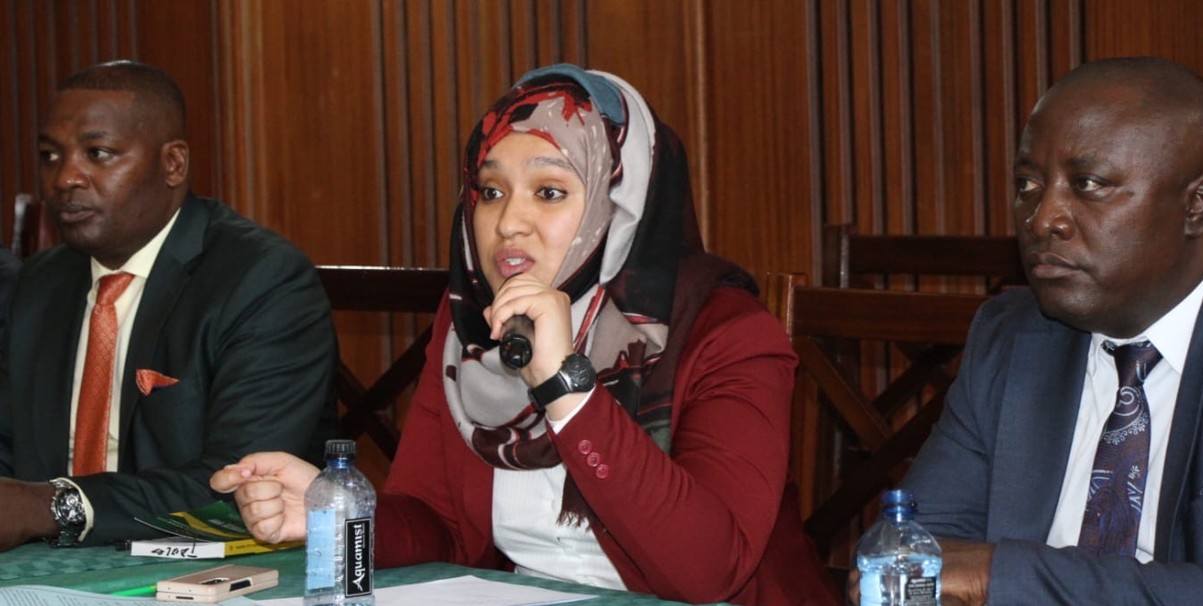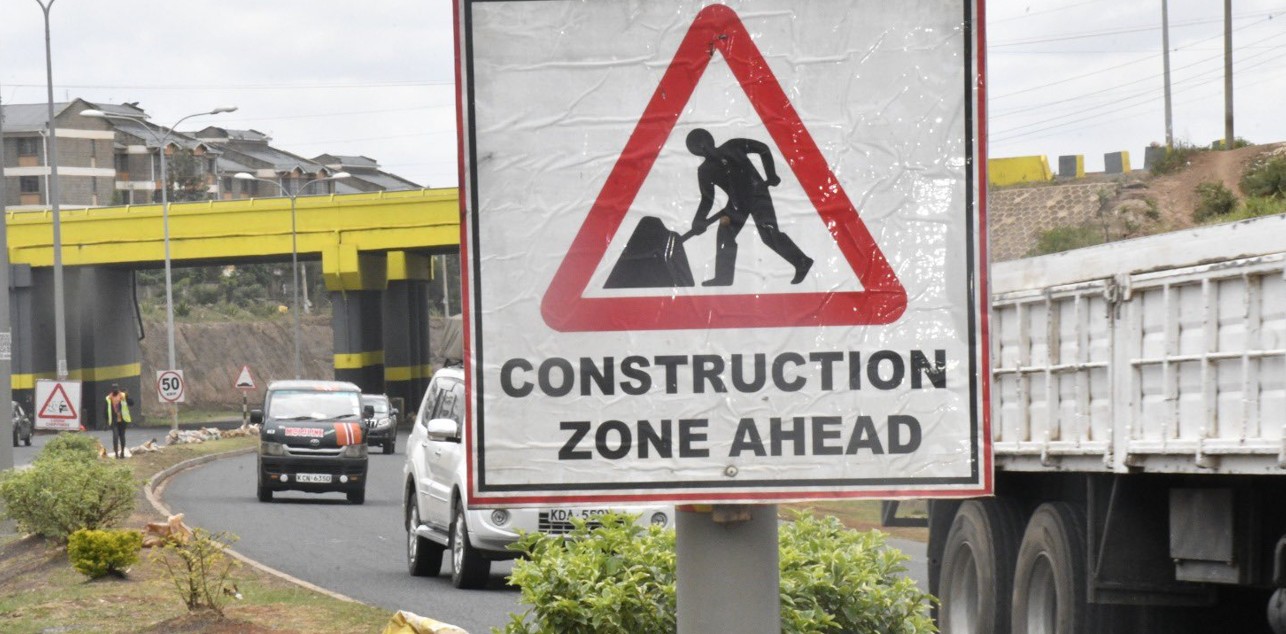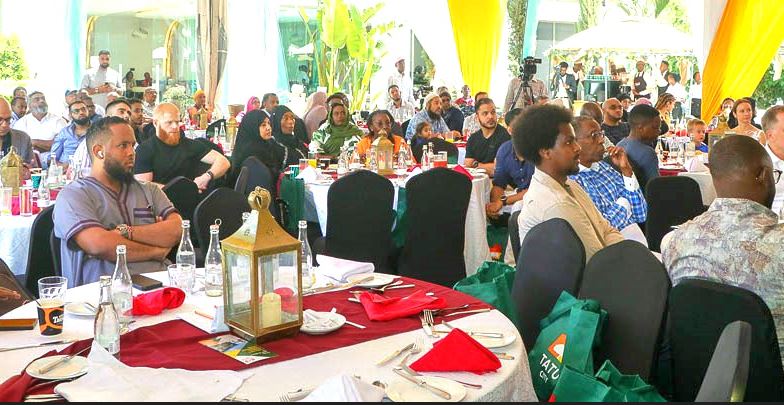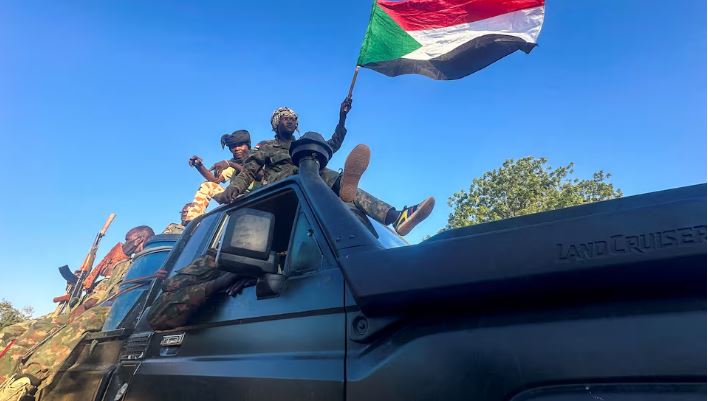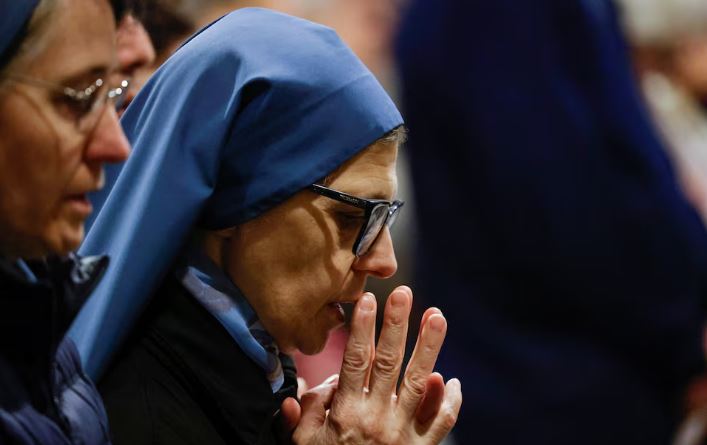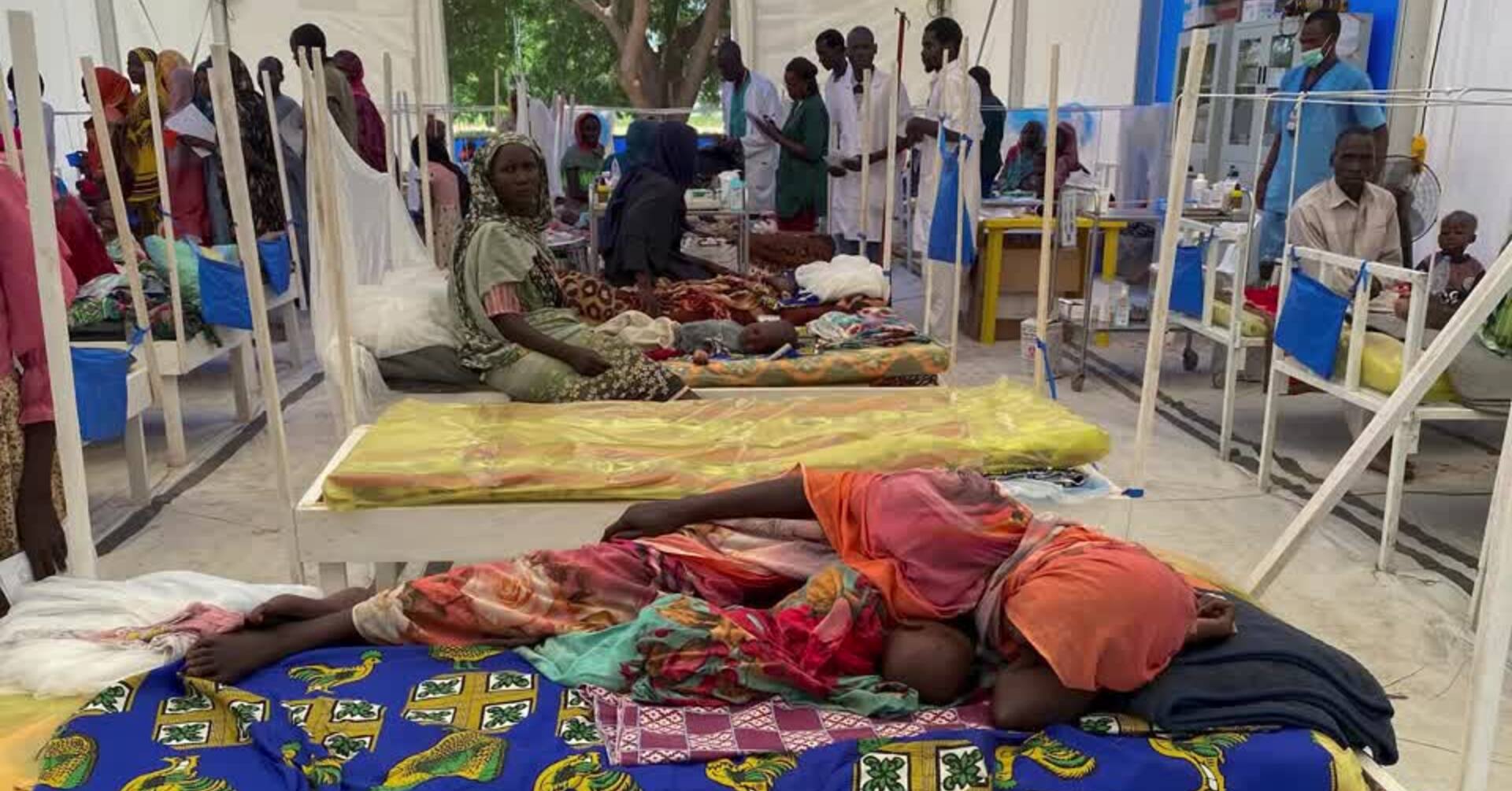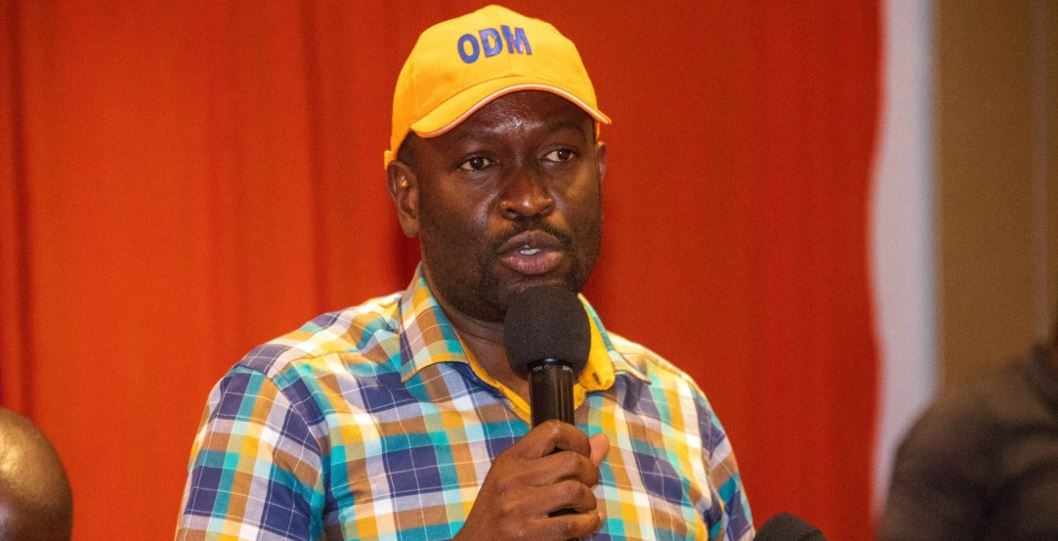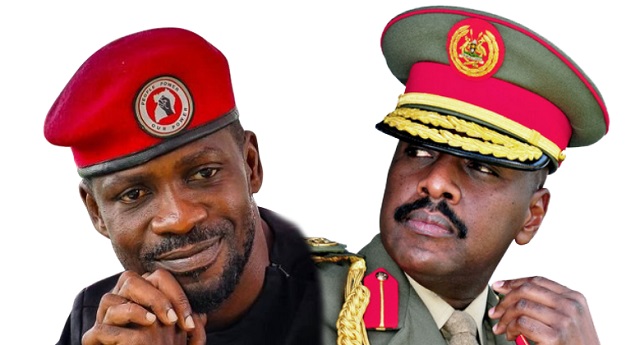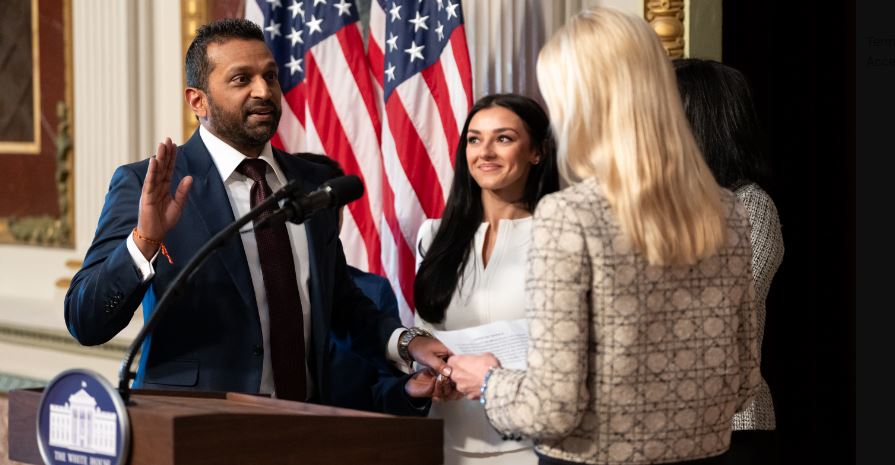AU under fire as Sudanese factions reject Addis Ababa peace talks
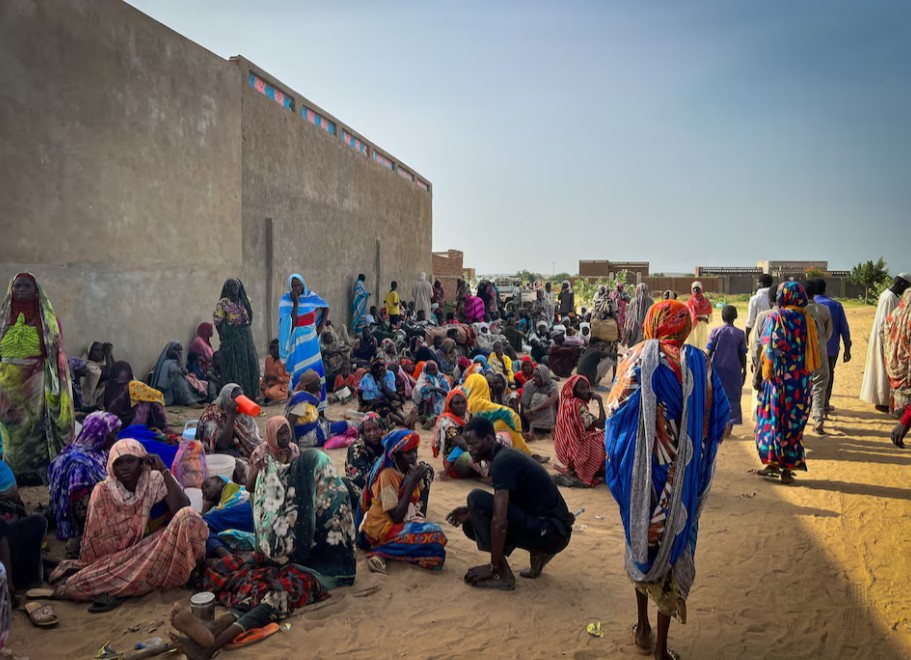
Factions allied with the Sudanese army have dismissed the talks, arguing that they lacked inclusivity and fairness.
A fresh wave of political tensions has emerged in Sudan after multiple political factions and armed movements accused the African Union (AU) of sidelining key stakeholders in ongoing peace consultations.
The groups have declared that they will not recognise the outcomes of the Addis Ababa meetings, insisting that any solution must be inclusive.
More To Read
- Sudan's army makes key advances after RSF signs political charter
- Sudan's RSF, allies sign charter in Nairobi to form parallel government, two signatories say
- Kenya defends decision to host Sudanese parallel government talks amid Port Sudan's outrage
- Sanctioned Sudan’s RSF postpones planned launch of parallel government in Nairobi
The political consultations, facilitated by the AU in the Ethiopian capital, concluded on Friday without reaching a consensus. The discussions are part of wider regional and international efforts to resolve Sudan’s ongoing crisis.
However, factions allied with the Sudanese army have dismissed the talks, arguing that they lacked inclusivity and fairness.
In a joint statement signed by 18 political parties, armed groups, and civil society organisations aligned with the Sudanese army, the signatories criticised the AU for failing to invite key political actors.
“The failure to invite several major forces in the political arena represents a regrettable oversight that limits the chances of success of this initiative and raises questions about the extent of the African Union’s commitment to the principles of neutrality and inclusiveness in addressing the Sudanese crisis,” read the statement.
The factions also rejected the participation of groups involved in the Nairobi conference, accusing them of working to divide Sudan and supporting what they termed as the Rapid Support Forces (RSF) militia. The statement alleged that the RSF has committed heinous crimes against the Sudanese people and insisted that those aligned with the paramilitary group should be excluded from any political process.
Balanced representation
The signatories further called for a fair and balanced representation of all active political and social forces to ensure an inclusive and effective dialogue process. They emphasised the need to rectify the current consultation process to allow for non-selective participation, which they argued would enhance confidence in any proposed solutions.
“The mechanism for coordination and consultation within the African Union must be reviewed to guarantee a dialogue environment that truly reflects the Sudanese reality and is free from exclusion or bias toward any party,” the factions urged.
The factions also made it clear that the outcomes of the Addis Ababa consultations do not represent their vision and will not be binding on national political and societal forces. They insisted that any political solution must be rooted in a comprehensive Sudanese-led process that prioritises national unity and the interests of all citizens.
Among the signatories of the statement were Jaafar al-Mirghani, head of the Democratic Bloc and deputy head of the original Democratic Unionist Party; Minni Arko Minnawi, leader of the Sudan Liberation Movement; Mohamed al-Amin Turk, head of the Eastern Sudan Coordination; and Abdallah Yahya, leader of the Sudan Liberation Forces Alliance.
As Sudan remains mired in conflict, the latest rift over the AU’s peace efforts highlights the ongoing struggle to find a widely accepted path toward stability. With key stakeholders feeling alienated from the process, concerns grow over the feasibility of achieving lasting peace through these consultations.
Top Stories Today
